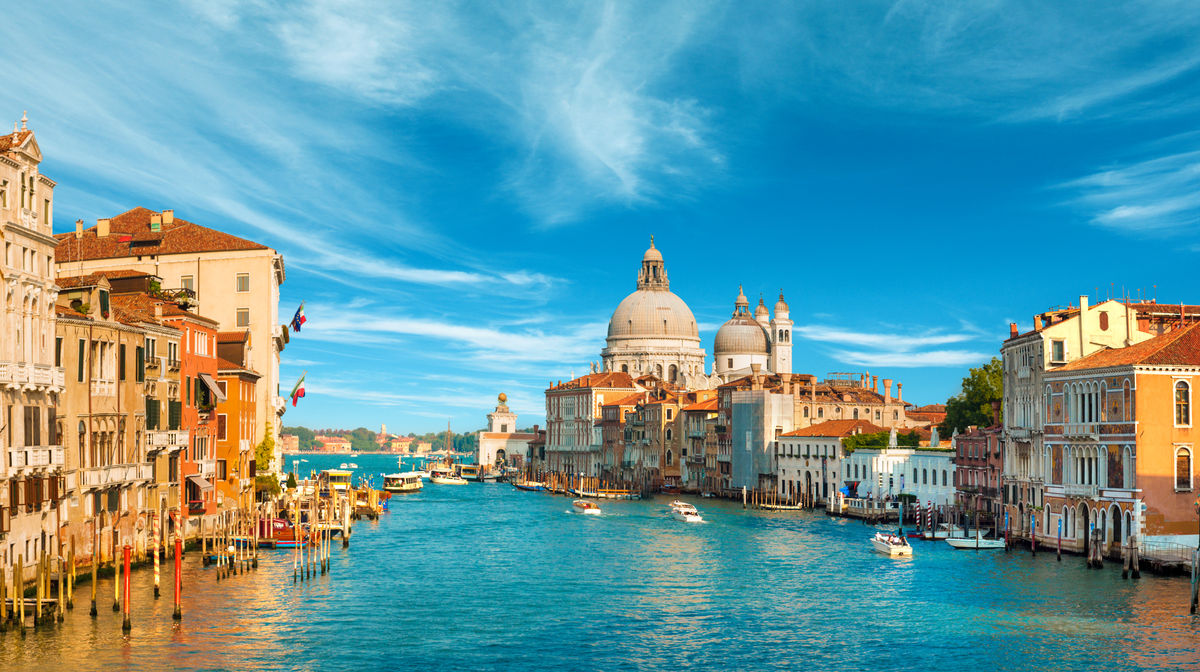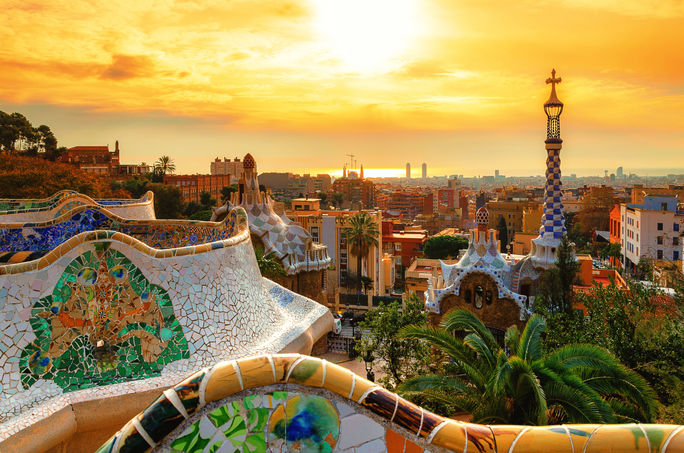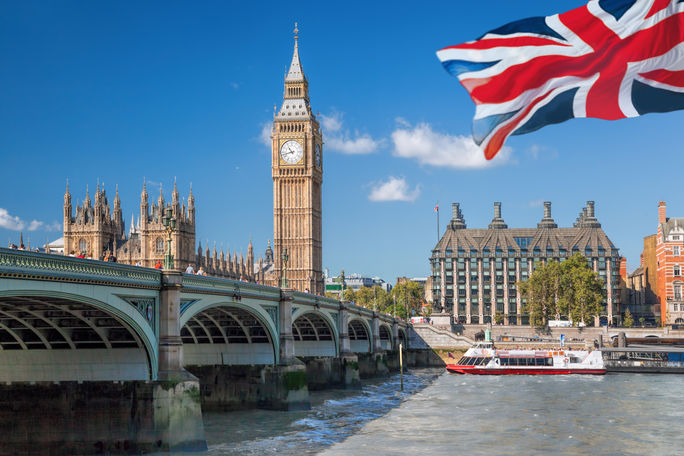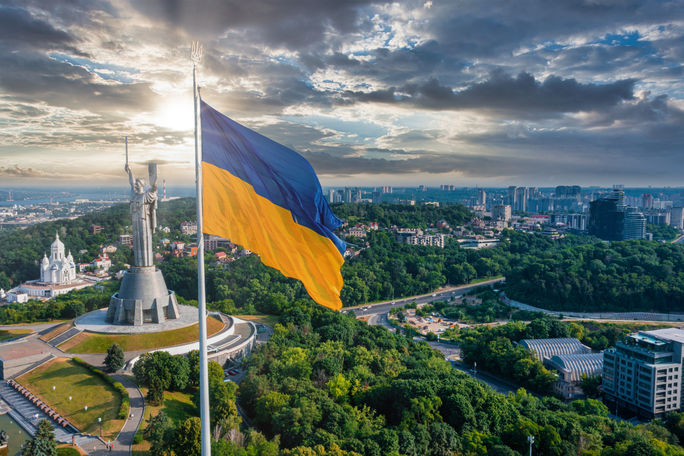The Top European Travel News of 2024

As we wrap up another busy year across the pond, it’s time to look back at the biggest stories in the world of European travel. From incidents and regulations spurned on by overtourism to the reopening of an iconic sight and news of a country with an eye fixed firmly on the future of its tourism industry, it was a year full of important travel headlines.
If you missed any of them, read on to get up to date, and be sure to register for the TravelPulse newsletter to keep up to date with all the travel news in 2025.
Venice Takes Concrete Steps To Combat Crowds
After years of posturing and proposals, the rubber hit the road in Venice this year regarding the city’s attempts to regulate the runaway train of tourism. In April, the city rolled out an entry fee, which applied to travelers visiting the city on select dates throughout the peak travel season. After some initial growing pains and protests by some locals, the entry fee was deemed a success, and it was announced later in the year that it would be extended in 2025.
In August, the city’s new limit on tour group size kicked in, limiting said groups to 25 people. This was done with an eye to cutting down on clogged streets and other annoyances associated with large groups. TravelPulse reported soon after the launch that the measures were being met with approval by locals and travelers alike.

Barcelona at sunrise (Photo Credit: gatsi/Adobe Stock)
Barcelona Water Gun Incident Goes Global
Call it the water gunshot heard around the world. Back in July, protesters in Barcelona sprayed outdoor diners at restaurants on the popular Las Ramblas street chanting “Tourists go home!” and other anti-tourism slogans. The incident was met with condemnation from nearly every corner of the travel sphere and broke through into mainstream media, bringing the thorny issues of tourism and its effects on destinations front and center.
Overtourism Debate Erupts Into the Mainstream
After nearly a decade of bubbling tensions and hand-wringing, the incident in Barcelona ensured that 2024 was the year that the issues around overtourism in Europe exploded onto screens and headlines around the globe. Barcelona was nowhere near the only place, as destinations like Mallorca, Prague, Amsterdam, Athens, Santorini and even the small Swiss village of Lauterbrunnen made headlines about their efforts to combat crowds and/or enact regulations to change the status quo.
Perhaps nothing summed up the current situation in some European destinations like the quote from Lauterbrunnen village priest Markus Tschanz, when he told Swiss public radio channel SRF “We feel like employees in an amusement park.”

Destinations are cracking down on short-term rentals (Photo Credit: Tada Images / Adobe Stock)
Airbnb Appears in the Crosshairs
Airbnb ran into some issues in Europe this year. The mayor of Barcelona, Mayor Jaume Collboni announced in June that the city plans to ban short-term vacation rentals by 2028. The plan is in response to rising tourist numbers and ever-increasing rents for locals as a big swath of the housing stock has been turned into short-term rentals. The plan still faces some legal hurdles.
Elsewhere, Italy banned self check-in and the associated “lock boxes” for short-term holiday rentals, meaning that hosts will have to personally meet guests and residents in Budapest’s Sixth District voted to ban short-term rentals as well. And on top of that, I wrote a piece here on TravelPulse this year about why I’m not a big Airbnb guy.
Events Dominate Agenda
2024 was the year of European events and trips based around them. Taylor Swift took over the summer, crisscrossing the continent (often with Travis Kelce in tow); The Euros entertained soccer fans for a month in Germany during summer and the Summer Olympics took place in Paris over a fortnight in July and August. Travel advisors should take note that this trend shows no sign of slowing down.

Big Ben and the Houses of Parliament in London, England, UK. (Photo Credit: Adobe Stock/Tomas Marek)
European Pre-Clearance Becomes Reality
For over 15 years, European residents have had to apply for an Electronic System for Travel Authorization (ESTA) before visiting the United States. In 2024, the European equivalents became one step closer to reality, with one launching and the other experiencing another delay.
These programs are essentially digital permission slips that also serve as a quick security check, and in the United Kingdom, the Electronic Travel Authorisation (ETA) will come into effect on January 8, 2025. This means that all travelers from the US entering the UK (even if you are just transiting through the UK to a different country) must acquire the ETA online at a cost of £10 (approximately $12.50). ETA approval should arrive in a matter of hours and the ETA will be valid for two years, allowing you to enter multiple times during the validity of your ETA.
On the Continent, the European Travel Information and Authorization System (ETIAS) was supposed to launch in 2024, but was delayed and is now slated to start in mid-2025. When active, travelers to 30 European nations will need to acquire an ETIAS at the price of €7 ($7.30) before arrival. Like ETA, ETIAS will be done online, but this authorization will last for three years.

Ukrainian flag waving in the wind against the city of Kyiv, Ukraine (Photo Credit: Adobe Stock/ingusk)
Ukraine Looks to the Future
As the war in Ukraine grinds towards its grim third anniversary, the nation’s tourism industry is already looking forward to brighter days. yes, while there is no end in sight for the current conflict, it was revealed earlier this year that Ukraine’s State Agency for Tourism Development (SATD) has begun creating relationships with major travel companies like Expedia, Airbnb and VisitBerlin in an attempt to put the nation on firm footing to establish a vibrant tourism economy when the war eventually ends.
Potential plans include war sites, which would tell the story of the conflict and coupled with international investments could help the nation immediately reach and exceed prewar levels of tourism. Speaking about the importance of remembering what has happened to Ukraine and sharing it with visitors, Mariana Oleskiv, chairperson of SATD, said “The easiest way is to forget, but then you need to work through that trauma and we need to tell it to the next generation first of all, but also to international visitors,”

Notre-Dame cathedral in Paris, France. (Photo Credit: evannovostro/Adobe)
Notre Dame Cathedral Reopens
In another story about rising from the ashes, just before the end of 2024, Notre Dame Cathedral in France officially reopened its doors, five and half years after the devastating fire. The December reopening was celebrated with plenty of pomp and circumstance that included a ceremony that was attended by thousands, including dignitaries like President-elect Donald Trump, First Lady Jill Biden, the UK’s Prince William and Ukrainian President Volodymyr Zelenskyy. The cathedral is now open for tours, with group tours resuming in 2025. In addition, Notre Dame has launched a mobile app, featuring guided tours, bookings for religious services and much more.
For the latest travel news, updates and deals, subscribe to the daily TravelPulse newsletter.
Topics From This Article to Explore
Related
Brits forced to pay fee to visit these 30 countries…
UK tourists will be required to pay a fee to visit 30 countries in Europe under new European Union (EU) travel rules.The rules mean British holidaymakers will n
The beautiful European island with just 148 locals
Irakleia is a beautiful island in the Minor Cyclades of Greece, nestled in the heart of the Aegean Sea and just an hour away from Naxos. Officially recorded t
Warning issued for Brits flying easyJet and Ryanair to popular…
Passengers flying with Ryanair, easyJet and British Airways should expect disruption (Picture: Urbanandsport/NurPhoto via Getty Images) Passenge










